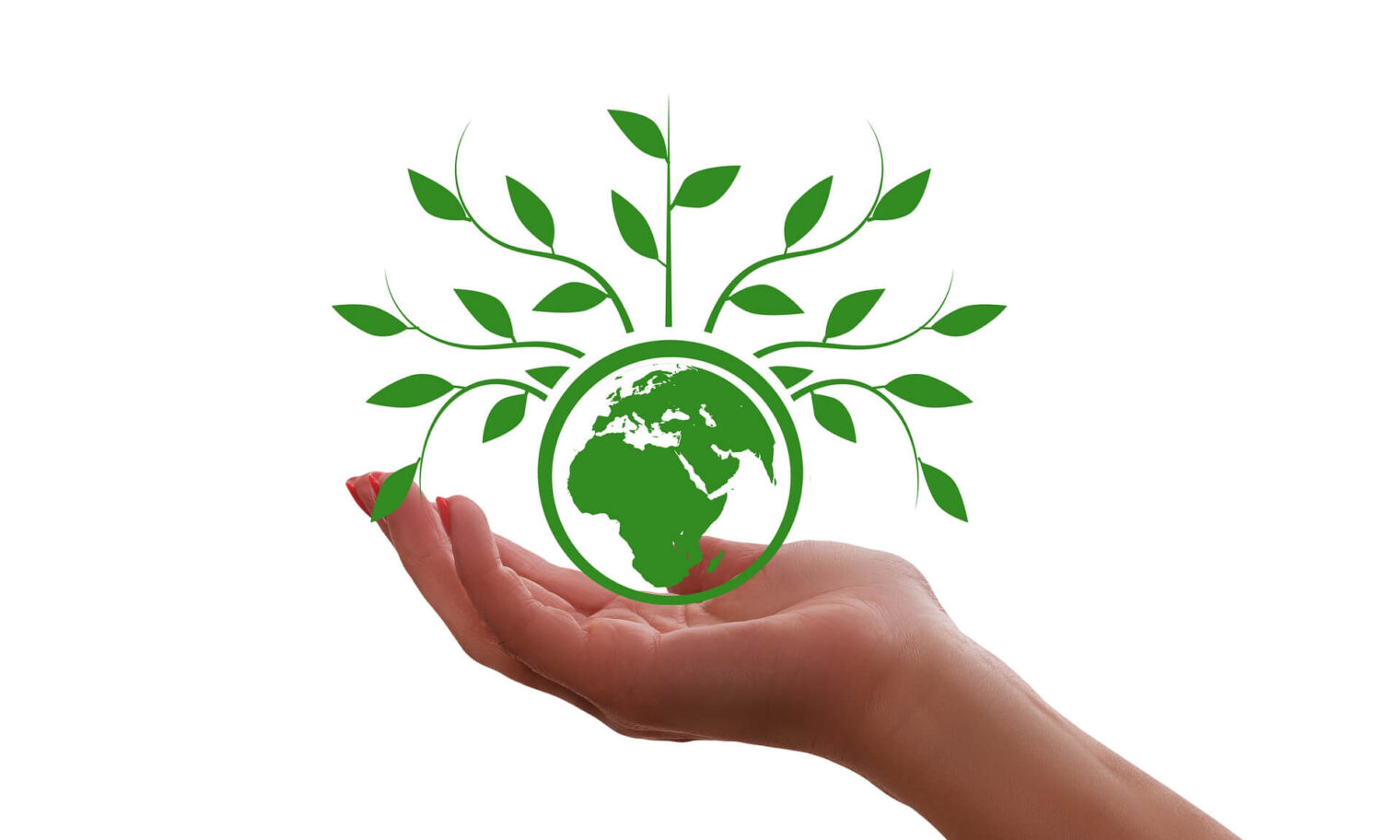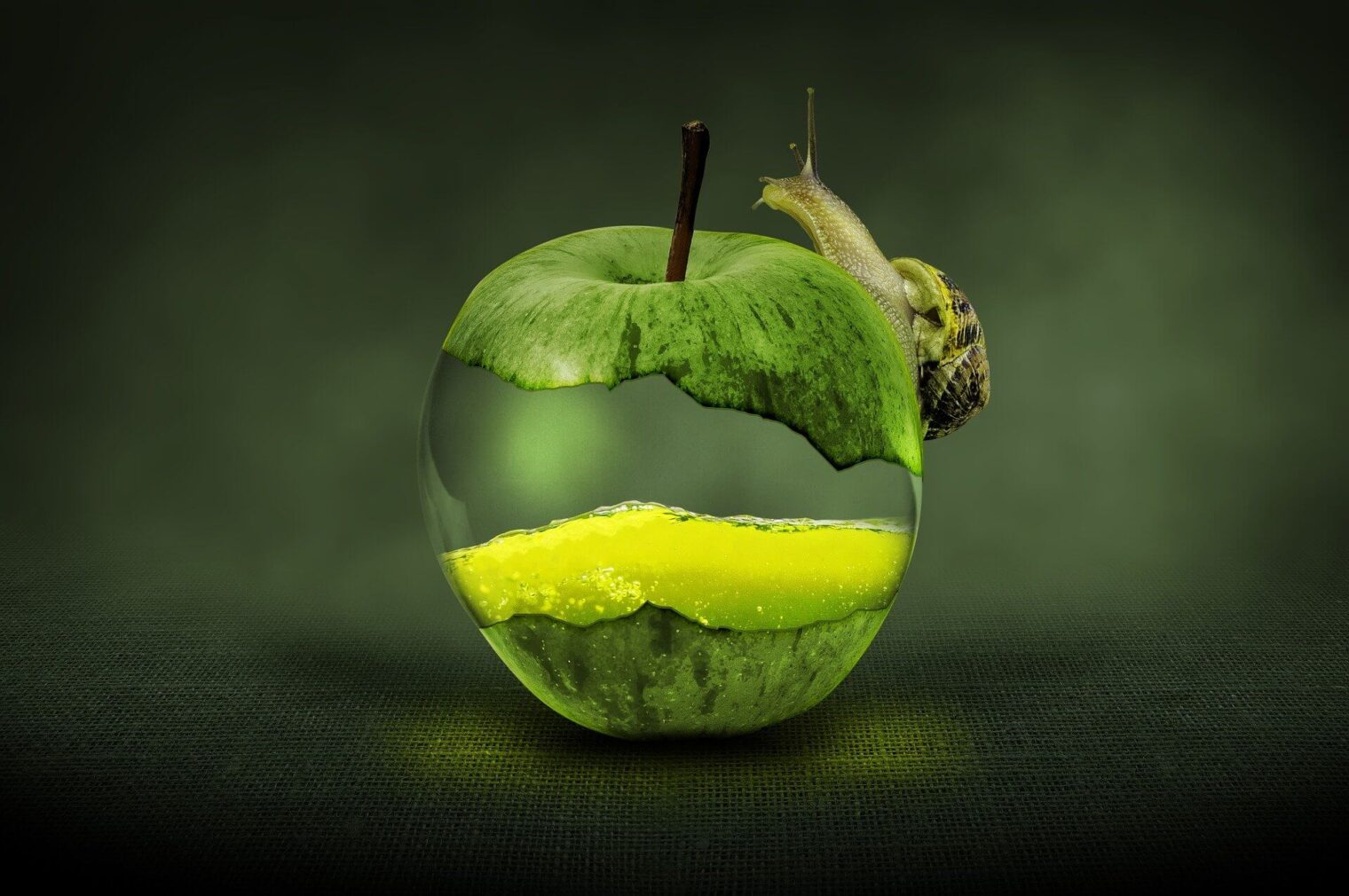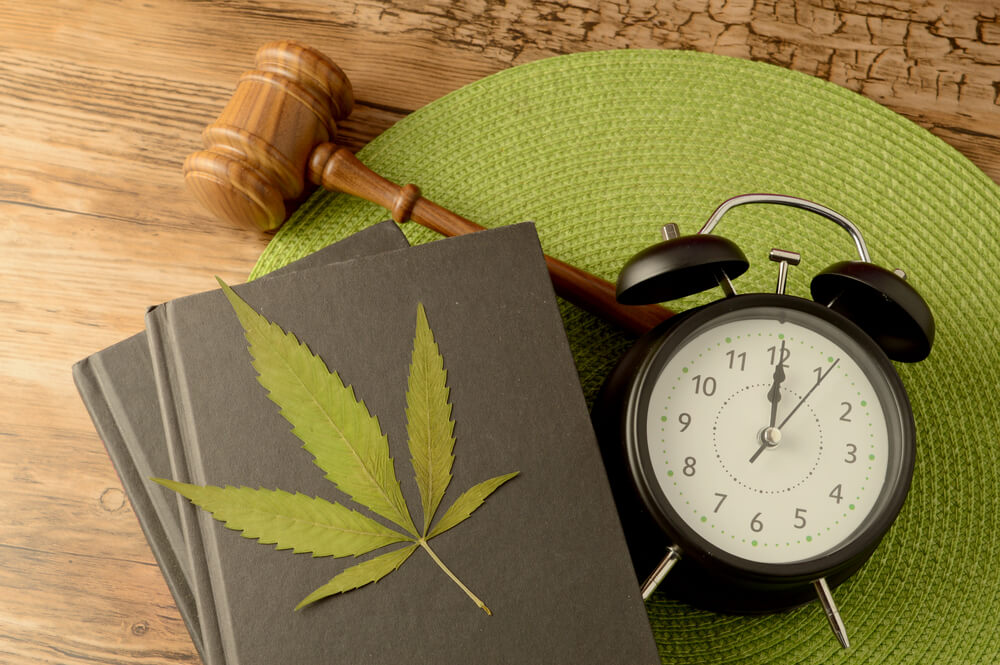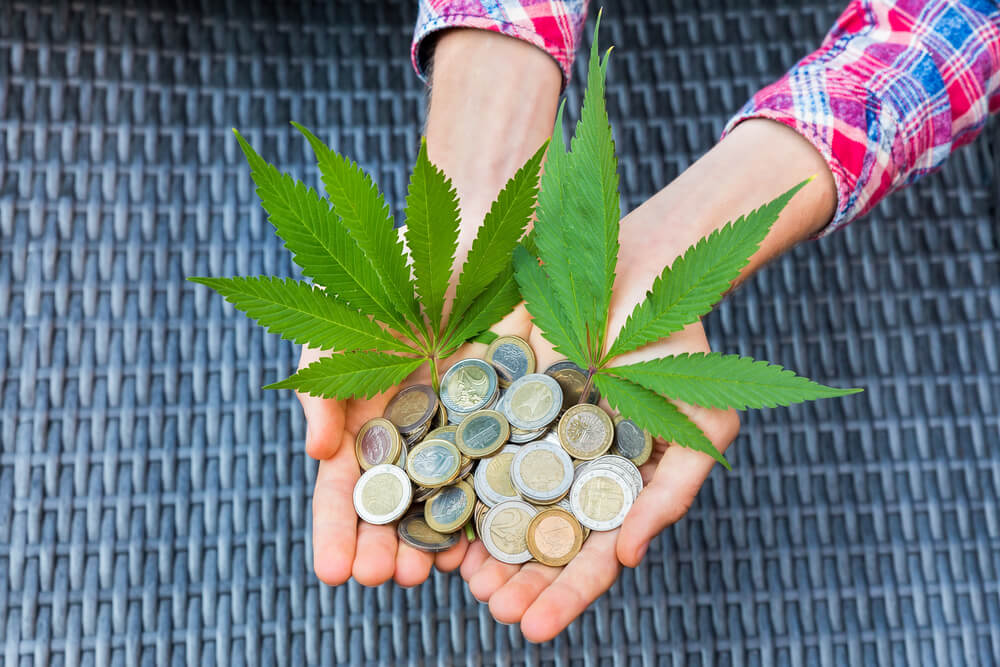Table of Contents

Weed and sustainability is an interesting subject. In Bangkok, the cannabis industry is booming. With this boom comes a big question: How can we make it more green? This issue matters to many people who worry about our planet. The topic also touches on those interested in the economic impact of Thailand’s cannabis industry.
One interesting fact is that following Thailand cannabis legalization, the country has seen explosive growth in both medical and recreational markets. But with rapid growth comes responsibility.
This blog will explore how Bangkok’s cannabis market is embracing weed and sustainability together. We’ll look at steps being taken towards ecofriendly cannabis cultivation and what it means for the future.
Get ready to learn how going green is growing strong in Bangkok’s budding industry. Let’s find out more about weed and sustainability in 2024.
The Environmental Impact of the Cannabis Industry
The cannabis industry significantly affects the environment. Its energy needs and water consumption create challenges that demand attention and action.
Energy consumption
Energy consumption in the cannabis industry can be quite high. Indoor facilities require significant electricity for lighting, heating, and cooling. This demand often leads to a greater carbon footprint.
In Thailand, the growing cannabis market can benefit from renewable energy sources. Using solar panels and wind turbines can help power operations sustainably. Many cultivators are beginning to adopt these cleaner methods.
Outdoor growing significantly reduces energy use and environmental impact.
Water scarcity remains a pressing issue next in the discussion of the cannabis industry’s sustainability.
Water usage
The cannabis industry faces significant challenges related to water usage. Growing cannabis requires a large amount of water. This demand can strain local resources, especially in a city like Bangkok, where water scarcity is a concern.
The industry must find ways to use water more efficiently. Many cultivators are adopting sustainable practices. These include rainwater harvesting and drip irrigation. These methods reduce overall water consumption while still supporting healthy crop growth.
Sustainable cannabis cultivation helps protect the environment. By using less water, growers contribute to the conservation of valuable resources. This approach aligns with the goals of the Bangkok cannabis market.
Sustainable practices can enhance the cannabis industry’s reputation. They demonstrate a commitment to being eco-friendly and responsible. As the Thailand cannabis market grows, these efforts become vital for long-term success and sustainability.
Air, land, and water pollution
The cannabis industry often contributes to air, land, and water pollution. Cultivators may use harmful pesticides and fertilizers. These chemicals can seep into the soil and waterways.
As a result, they harm local ecosystems. Excessive water use can lead to depletion of water sources. This practice affects not just plants, but also animals and communities relying on these resources.
Improper waste management generates plastic waste. Single-use plastics from packaging end up in landfills and oceans. This adds to pollution, harming wildlife in Bangkok’s growing cannabis market.
Sustainable cannabis cultivation practices can reduce these negative impacts. Adopting eco-friendly methods will promote a cleaner environment.
Plastic waste
Plastic waste poses a significant threat in the cannabis industry. Many products use plastic for packaging and storage. This creates a larger problem of pollution and waste management.
Cannabis cultivation in Bangkok can contribute to this issue if practices do not improve.
Sustainable cannabis production must focus on reducing plastic waste. Switching to biodegradable or recyclable materials can help. Many businesses are now seeking eco-friendly packaging options.
By making these changes, the Bangkok cannabis market can lead the way in promoting sustainability.
Soil degradation
Soil degradation poses a significant threat to the cannabis industry. Over-farming and the use of harmful chemicals weaken soil health. Healthy soil is vital for sustainable cannabis production.
In Bangkok, the cannabis market faces challenges due to soil depletion. Cultivators need rich, fertile soil to grow high-quality plants. Poor soil affects yields and increases costs.
Sustainable practices can combat soil degradation. Regenerative growing methods improve soil health. These methods restore nutrients and promote biodiversity. Farmers should prioritize outdoor growing, as it reduces reliance on chemical fertilizers.
By adopting eco-friendly practices, the cannabis industry in Thailand can thrive while protecting the environment.
Sustainable Practices in the Cannabis Industry
Sustainable practices in the cannabis industry focus on eco-friendly growing methods. Many cultivators now choose outdoor farming and regenerative techniques to promote healthier ecosystems.
Growing outdoors
Growing cannabis outdoors offers numerous benefits for Bangkok’s cannabis industry. It reduces energy consumption and lowers costs. Sunlight naturally powers the plants, cutting down on the need for artificial lighting.
This method also minimizes water usage compared to indoor farming.
Outdoor cultivation promotes healthier soil. Farmers can use organic methods that enhance soil quality. Such practices support the cannabis industry’s sustainability goals. In Thailand, legal marijuana businesses can thrive while promoting eco-friendly values.
Thus, outdoor growing appears as a strong option for a greener future in the Southeast Asia cannabis market.
Regenerative growing methods
Regenerative growing methods focus on restoring ecosystems. These methods improve soil health and increase biodiversity. Farmers use techniques like crop rotation and cover cropping.
Such practices enhance the nutrients in the soil and promote better water retention. This approach reduces the need for chemical fertilizers.
Bangkok’s cannabis industry can benefit from regenerative practices. They can lower the environmental impact of cannabis cultivation. By nurturing the land, growers can improve yields over time.
As Thailand embraces cannabis legalization, sustainable methods will shape market trends in the cannabis industry.
Sun+Earth Certification
Sun+Earth Certification promotes sustainable practices in the cannabis industry. This certification encourages growers to use organic methods and focus on outdoor cultivation. It ensures that cannabis products meet high environmental standards.
Sun+Earth farms prioritize soil health, water conservation, and biodiversity. These farms do not use synthetic fertilizers or pesticides. They rely on natural processes to maintain healthy ecosystems.
This approach reduces the industry’s overall environmental impact. It also supports local communities and economies. Sustainable cannabis cultivation can help Bangkok’s cannabis market align with eco-friendly values.
Next, we will explore the benefits of sustainable cannabis cultivation.
Benefits of Sustainable Cannabis Cultivation
Sustainable cannabis cultivation lowers environmental damage and boosts efficiency. It also saves costs and promotes eco-friendly practices in the industry.
Reduced environmental impact
The cannabis industry can significantly reduce its environmental impact. By adopting sustainable practices, cultivators minimize energy consumption and water usage. Growing cannabis outdoors uses natural sunlight, which lessens electricity needs.
Regenerative growing methods improve soil health and reduce pollution. Practices like the Sun+Earth Certification promote eco-friendly cultivation standards. This approach not only benefits the planet but also aligns with the cannabis industry’s growth in Thailand.
Emphasizing sustainability can enhance the reputation of medical cannabis in Thailand and support cannabis market trends in the country.
Increased efficiency and cost savings
Sustainable practices cut costs and boost efficiency in Thailand’s cannabis industry. By growing cannabis outdoors, cultivators save energy. This method reduces the need for electric lighting and heating.
Regenerative growing methods improve soil health. Healthier soil leads to better crop yields.
Eco-friendly practices often lower water usage too. Efficient irrigation systems conserve water and reduce expenses. Incorporating these methods aligns with Thailand’s cannabis reform.
With these changes, the industry promotes eco-friendly values and sets a positive example.
Promotion of eco-friendly values in the industry
Sustainable practices in the cannabis industry greatly promote eco-friendly values. Cultivators adopt methods that protect the environment. They focus on reducing water usage and minimizing plastic waste.
By growing cannabis outdoors, they use natural sunlight rather than energy-intensive lights. Regenerative growing methods help restore soil health.
Bangkok’s cannabis industry embraces these eco-conscious values. This shift supports Thailand’s cannabis legalization efforts. Consumers increasingly demand sustainable products.
As a result, businesses that prioritize sustainability gain a competitive edge. They attract customers who care about environmental impacts. This movement can shape the future of the cannabis industry in Thailand.
Challenges and Solutions for a Sustainable Cannabis Industry
The cannabis industry faces various challenges, including strict regulations and the need for greater producer education. Cultivators must overcome these hurdles to adopt greener practices effectively.
Collaboration with environmental organizations can foster innovative solutions. The path towards a sustainable future in cannabis is promising and worth exploring further.
Government regulation and support
Government regulations play a crucial role in the cannabis industry’s sustainability in Thailand. Support from authorities can guide cultivators toward eco-friendly practices. Regulations can encourage reduced energy consumption and improved water usage during cultivation.
Clear guidelines help minimize air and land pollution in the cannabis sector. The Thai government has begun to implement measures that promote sustainable agriculture. These initiatives seek to reduce plastic waste and prevent soil degradation.
Cultivators need education and support to comply with these regulations. Many organizations work to raise awareness about sustainable practices in the industry. Collaboration between the government and environmental groups can strengthen these efforts.
This partnership paves the way for a greener future in the cannabis market. Next, we will explore how education and awareness can empower cultivators for more sustainable practices.
Education and awareness for cultivators
Cultivators in Bangkok’s cannabis industry must enhance their education and awareness. Training programs can help them adopt sustainable practices. Workshops and seminars can teach methods like regenerative growing.
These sessions can also cover the benefits of Sun+Earth Certification. Educated cultivators will understand how to reduce resource consumption. They can learn to minimize energy and water use.
Awareness of pollution control measures is essential for every grower. Knowledge empowers cultivators to promote eco-friendly values in cannabis cultivation. This commitment can push Thailand’s cannabis reform forward.
The growth of the cannabis industry in Thailand will rely on informed and responsible practices.
Collaboration with environmental organizations
Collaboration with environmental organizations can boost the cannabis industry’s sustainability efforts. Many groups focus on reducing pollution and promoting eco-friendly practices.
Cannabis companies in Bangkok can partner with these organizations to share knowledge and resources. They can adopt strategies for waste reduction and improved water management. This teamwork can help cultivate a greener market.
By working together, these businesses can support Thailand’s cannabis reform initiatives. They can also address challenges in the cannabis industry. Leveraging insights from environmental specialists will aid in creating a sustainable path for cannabis growth.
This will benefit both the industry and the environment.
Weed and Sustainability in 2024
Bangkok’s cannabis industry is taking important steps toward sustainability. It addresses key issues like energy use, water consumption, and plastic waste. Implementing eco-friendly practices can cut costs and reduce environmental harm. Weed and sustainability is an good subject to talk about.
These strategies can inspire others to adopt green methods in cannabis cultivation. Explore more resources to stay informed and motivated. Together, we can cultivate a healthier future for the industry and our planet.








